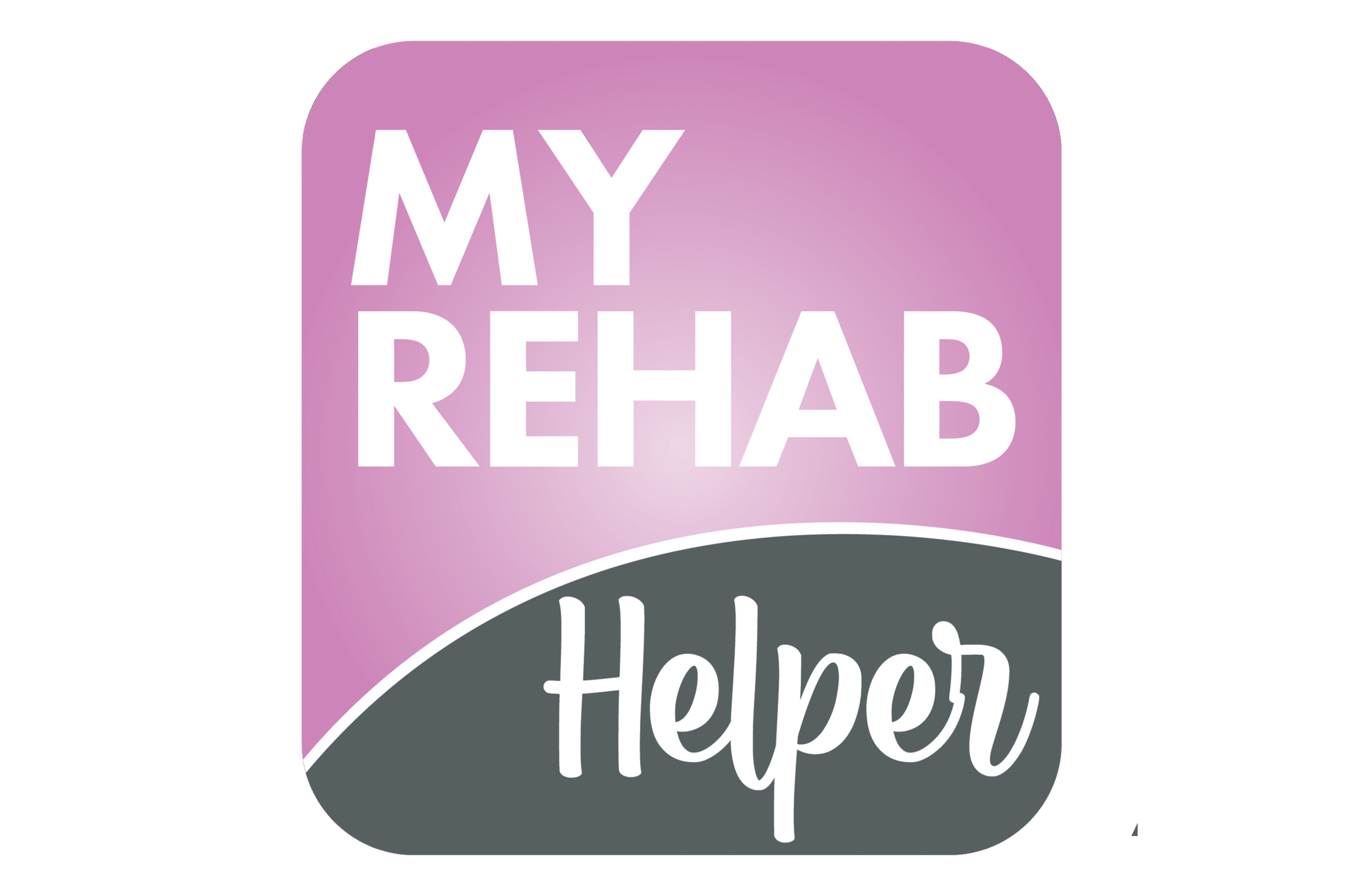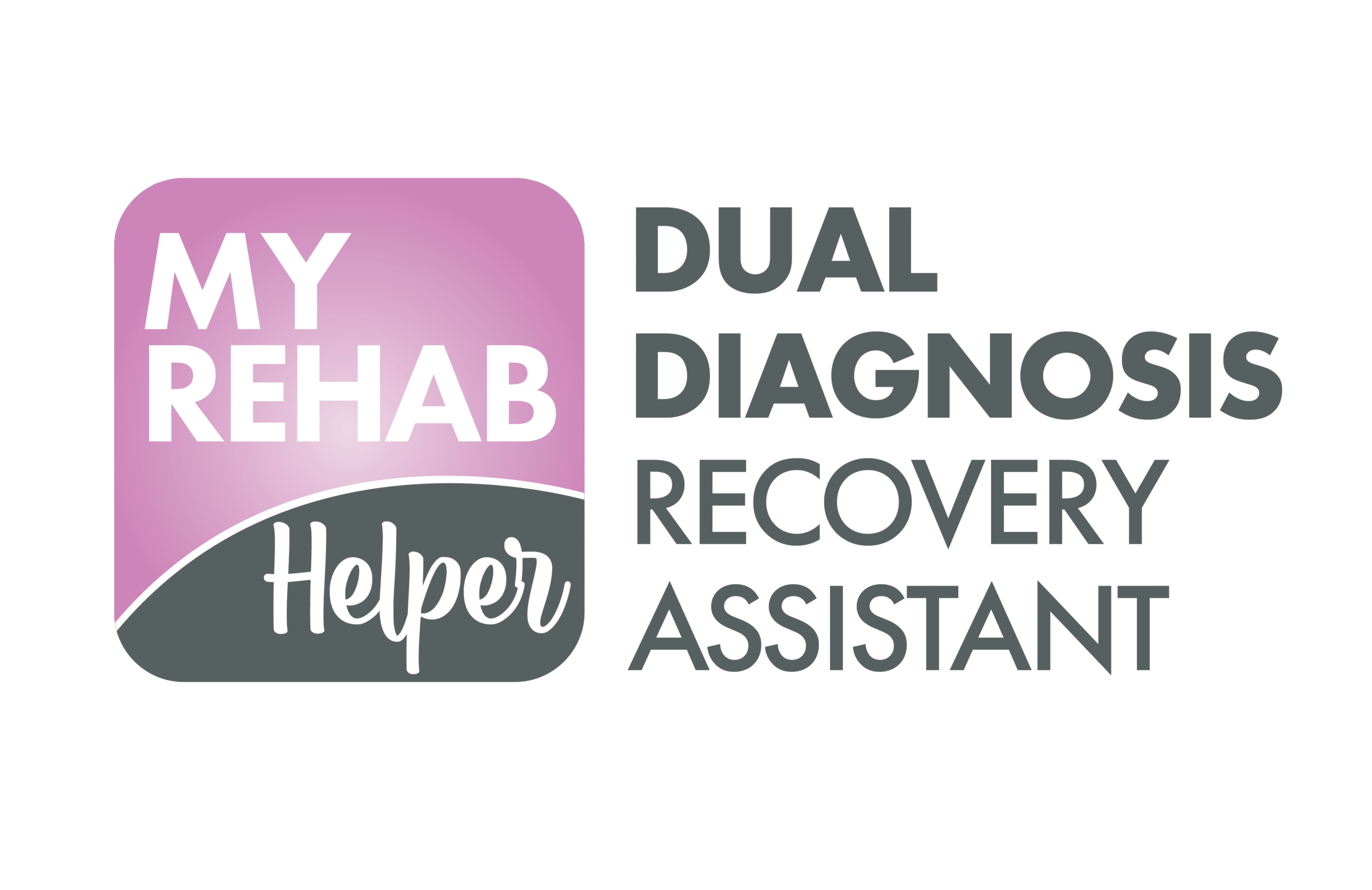
What are the Withdrawal Symptoms of Sleeping Pill Addiction?
What are the Withdrawal Symptoms of Sleeping Pill Addiction?
Common Withdrawal Symptoms
Withdrawal symptoms from sleeping pills can vary depending on the type of medication used, the duration of use, the dosage, and individual physiological factors. The withdrawal process can be uncomfortable and, in some cases, may pose serious health risks. Common sleeping pills include benzodiazepines, non-benzodiazepine hypnotics (such as zolpidem), and occasionally, barbiturates. Heres an overview of typical withdrawal symptoms associated with these categories:
Benzodiazepines
Anxiety and panic attacks. Insomnia and irritability. Muscle pain and tremors. Severe cases may include seizures.
Non-Benzodiazepine Hypnotics (Z-Drugs)
Rebound insomnia is common. Nausea and dizziness occur. Panic attacks and agitation. Uncontrolled crying and depression.
Call one of our MyRehab Helpers now!
Contact one of our helpers for ethical referals to a facility or health care professional that suits your unique circumstances.
Barbiturates
Withdrawal is dangerous. Severe anxiety and tremors. Hallucinations and psychosis. High fever and cardiac issues.
General Considerations
Symptoms start within hours. Duration may last weeks. Severity depends on usage. Medical supervision is crucial.
Safe Withdrawal Practices
Tapering the dose gradually. Supportive care for symptoms. Alternative medications may help. Professional guidance is essential.
Duration of Withdrawal Symptoms
Symptoms begin after last dose. Duration varies by individual. High doses prolong symptoms. Tapering helps shorten duration.
Severity of Symptoms
Long-term use increases severity. Higher doses have stronger effects. Individual differences affect intensity. Medical help is needed.
Managing Anxiety and Mood Swings
Anxiety is common. Mood swings occur frequently. Professional therapy can help. Medications manage severe cases.
Addressing Physical Symptoms
Muscle pain needs attention. Tremors are noticeable. Seizures require immediate care. Supportive treatments are available.
Cognitive Difficulties
Confusion may be present. Cognitive impairment occurs. Monitoring by healthcare providers is key. Rehabilitation assists recovery.
Call one of our MyRehab Helpers now!
Contact one of our helpers for ethical referals to a facility or health care professional that suits your unique circumstances.
Supportive Care During Withdrawal
Supportive care is essential. Monitor physical and mental health. Regular check-ins are important. Multidisciplinary approach aids recovery.
Alternative Medications
Other medications may assist. Less harmful options are available. Temporary use can smooth withdrawal. Consult healthcare providers.
Supervised Tapering Off
Gradual dose reduction is recommended. Tapering prevents severe symptoms. Medical supervision ensures safety. Prevents sudden withdrawal issues.
Behavioral Therapies
Behavioral therapies support withdrawal. Address underlying causes of addiction. CBT is commonly used. Enhances long-term recovery.
Importance of Professional Help
Professional help is essential. DIY withdrawal is risky. Medical staff manage complications. Ensures a safe recovery process.
